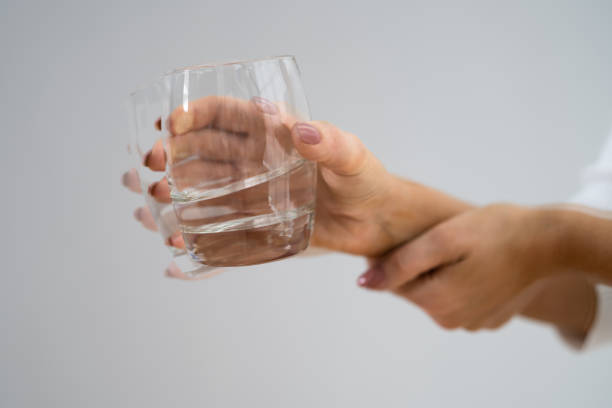Natural Dopamine
Ayurvedic treatment for Parkinson's disease involves two types of therapies, Samana chikitsa and Sodhana chikitsa. Samana chikitsa involves giving medicines such as kashayas, pills, and lehyams to balance the doshas in the body. Shirodhara and Abhyanga are also recommended as part of the Samana chikitsa therapy. Sodhana chikitsa, on the other hand, involves Panchakarma therapy, which includes three stages: preparatory stage, shodhana therapy stage, and post-therapy stage.
In the preparatory stage, animal or herbal powders are used to prepare the body for elimination of doshas. This is followed by Nasya, Virachana, and Virechana therapies in the shodhana therapy stage. The post-therapy stage involves rejuvenation therapies such as Rasayana chikitsa, which aims to improve the overall health of the patient.
Ayurvedic medicine uk

